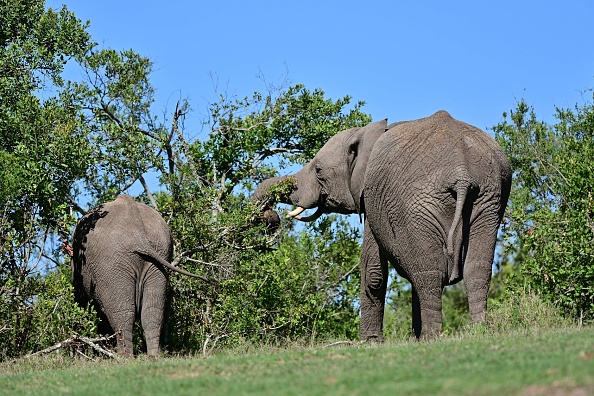By Grace Kuria
The Kenya Wildlife Service (KWS) on Sunday stated the country had recorded a near 96 percent decline in poaching, with more than 386 elephants being lost to poaching in 2013 compared to 11 elephants poached in 20202.
“Kenya’s national elephant population has gradually increased at an annual rate of approximately 2.8 percent over the last three decades,” KWS said in a statement.
This success, they say, is attributed to enhanced government initiatives to combat poaching and trophy trafficking and the continued collaboration with national and international partners to stop trade in ivory.

KWS was responding to a statement issued on March 2021, in which the African Elephant Specialist Group (AfESG) indicated two species, Forest and Savannah elephants, to have suffered stiff declines due to poaching, adding that poaching remains a primary threat to the conservation of the species.
“Whilst Kenya acknowledges that poaching was the major cause of decline in the past, increasing human population and the subsequent change in land tenure and land use systems have led to the constriction of elephant range, loss of dispersal areas and corridors, resulting to heightened interaction between elephants and people, mostly resulting to conflict.”
“Today, Human Elephant Conflict (HEC) and loss of elephant corridors and dispersal areas are the main challenges facing elephant conservation and management in Kenya,” KWS said.
KWS urged AfESG to make necessary corrections on the information released to the public to reflect efforts the country has made to reduce the impact of poaching on Kenya’s elephant population.
While also requesting that in future, Range States be consulted to provide their national perspectives when critical information is being released for public consumption.

